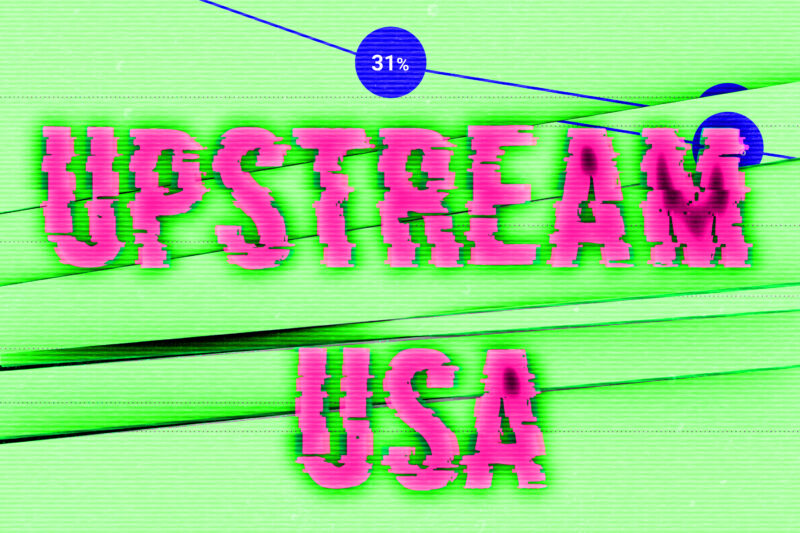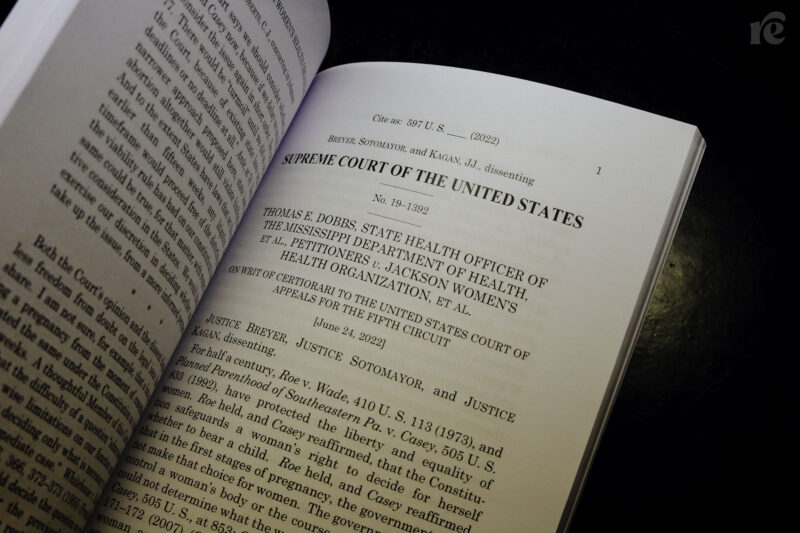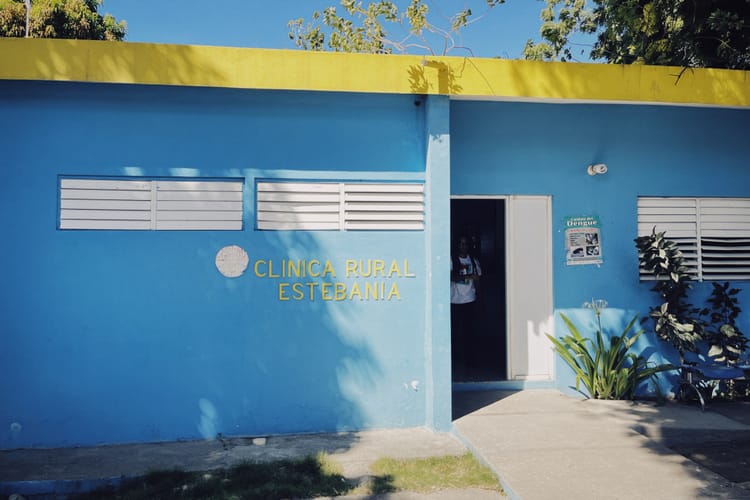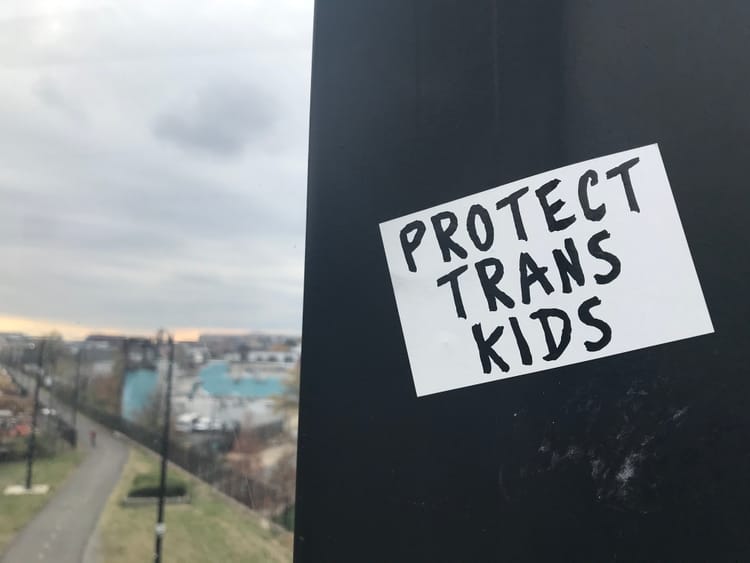Why You Need to Know the Name Upstream USA
Upstream USA
You’ve probably never heard of this nonprofit, but they’re about to have more money than pretty much anyone in the reproductive health space except Planned Parenthood. What they do train is clinic staff—including medical providers and administrative staff—in contraceptive care, and provide logistical support like medical billing guides. They say they want to make contraception more accessible. Sounds good, huh?

Not so fast. Ahead of Upstream’s huge national expansion, experts approached me with concerns about the organization, namely its reliance on the dubious claim that contraception can reduce or end poverty. This, in combination with Upstream’s prioritization of long-acting reversible contraceptives like IUDs and the implant, reeks of eugenics. Most of all, my sources are concerned about Upstream’s persistent misleading use of data and alarming lack of transparency. This is a big, meaty story, and it deserves your attention.
Especially now that nearly half of U.S. states have taken steps to ban or more severely restrict abortion, there is huge potential for contraceptive delivery models to become coercive. Tempting as it may be to see contraception as a cure for abortion bans, poverty, and any number of social ills, it’s important to unlearn that kind of thinking if we truly want to promote bodily autonomy.
Anti-Abortion Violence Is On the Rise. How Can We Keep Clinics Safe?
I also did a deep dive into anti-abortion violence in the year since the Dobbs decision as part of a larger Rewire package reflecting on the Dobbs anniversary. As predicted in this piece I wrote for ELLE last year, as abortion clinics have shuttered in ban states, patients have traveled elsewhere. And where those patients travel, anti-abortion extremists—and corresponding spikes in violence—follow. Cops aren’t keeping clinics safe. In fact, federal law enforcement is so invested in “both-sides-ing” clinic violence that they’re catching people accused of vandalizing crisis pregnancy centers by analyzing DNA from discarded burritos (yes, really). So what can be done? At least some of the people I spoke with think it’s time to try a new approach that doesn't involve laws or law enforcement at all.

On ACCESS: Real, First-Person Stories from the Year After Dobbs
Speaking of the Dobbs anniversary, well, I’d rather not talk about it. I’d rather ask you to listen to the beautiful reflections from clinic workers, abortion funders, and other people from various corners of the reproductive justice movement in the latest episode of ACCESS. Yes, there are sad stories. But every single person who sent me a voice memo is also fiercely hopeful. Listen for stories of defiance and love, and to learn what it really means to care for other people. I learn so much from the reproductive justice movement every day and I hope you’ll open yourself up to that, too.
Some Fun Stuff:
I won an award! This article I wrote for Cosmopolitan about the mobile abortion clinics roving the highways of Colorado won a National Headliner Award as part of a bundle of Cosmo’s abortion coverage. Two people who work for Just the Pill, the organization profiled in the piece, have since reached out to tell me that multiple patients have cited the article as the reason they knew the mobile clinics were legit and could be trusted. I think that’s the best feedback I could ever get on my work.
I ALWAYS love to be on somebody ELSE’S podcast (so much less work!!), and I got to do that recently when I joined Jennie Wetter on her show RePROs Fight Back. We had a great conversation and I highly recommend the show for everyone with an interest in reproductive and sexual health. In particular, Jennie covers a lot more international stories than I’m typically able to, which I think is great.



